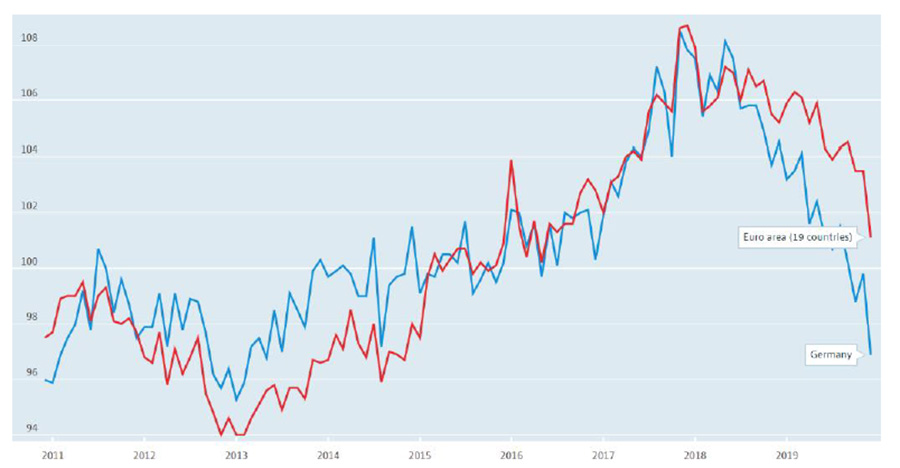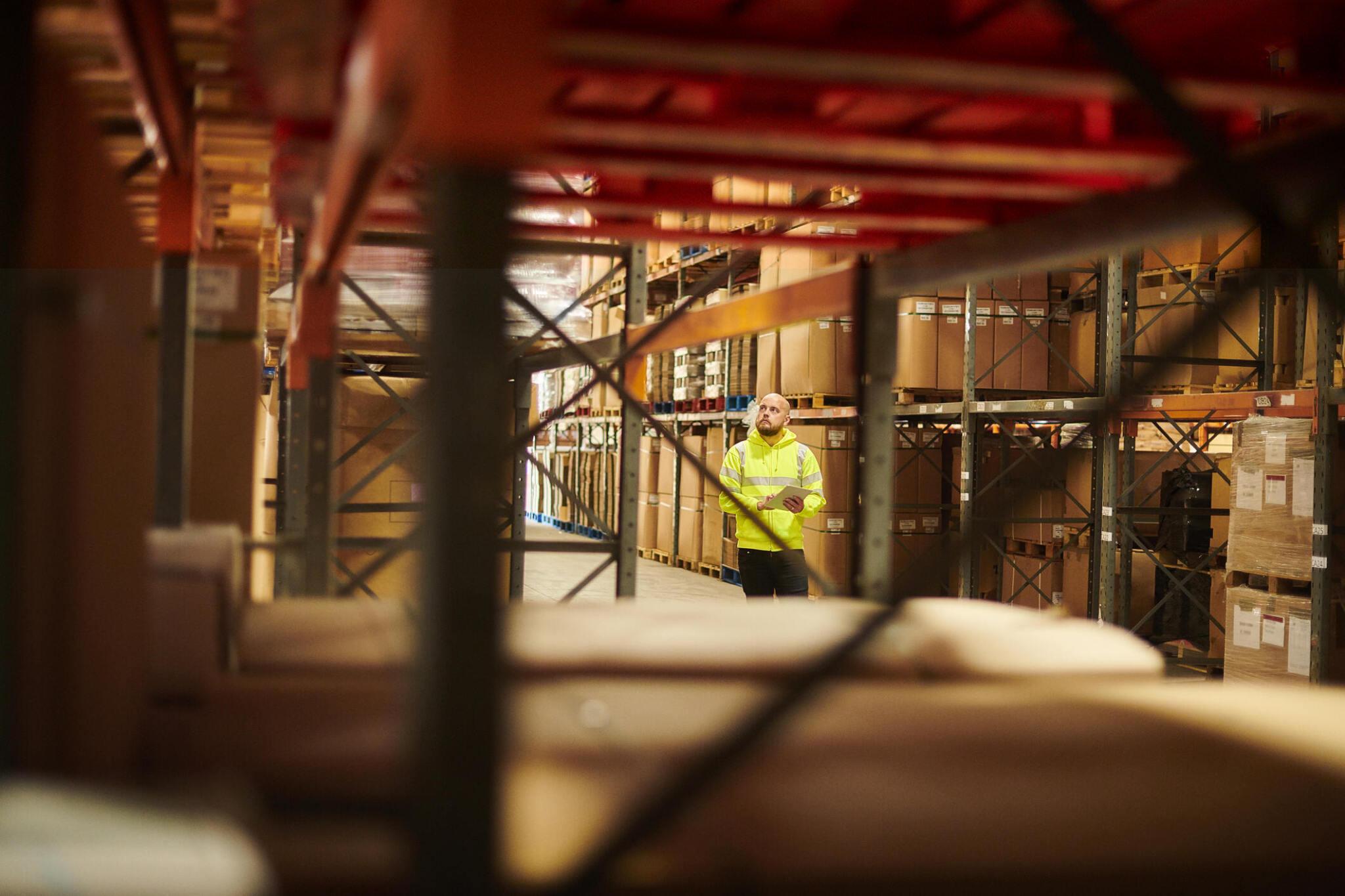COVID-19 has caused a retrenchment from riskier assets as the fallout has extended into the industrial sector, which has dropped in most advanced economies in recent months. A recovery in oil prices is likely over the medium term from current levels, with an extended OPEC+ Russia agreement and a tentative recovery in China placing a floor on oil price futures. A convergence of Brent crude away from current lows towards $56 per barrel. Nevertheless, CEMAC countries should ensure intra-African trade is cleared in indigenous currencies whilst governments should seek to enhance the physical and digital infrastructure to lessen perceived structural impediments and boost the long-term potential growth rate.
Related: COVID-19 and Supply Chain Inventories
Oil prices have plummeted as the Coronavirus has intensified across much of Europe and North America. The Energy Information Agency (EIA) has revised its global oil demand forecast, which suggests that major importers such as China as well as European countries will reduce demand for oil. The latter has followed the trend of industrial production, which has slowed as the manufacturing of waxes, perfumes, dyes, shaving creams, shampoos, and conditioners that rely on refined oil has been disrupted by the virus. As such, Brent and WTI both fell by 24.59% and 30% to $31.13 and $30 per barrel respectively on Monday, March 9th. Not only has the virus halted manufacturing supply chains in China, but it has also exacerbated the global cyclical slowdown, with both Euro Area and German industrial production plummeting in recent months.
Related: Emerging Trends in Supply Chain Management

Quarantine measures and social distancing have caused a retrenchment in manufacturing in most advanced economies, with transport, entertainment, and tourism adversely affected. As such, oil prices have retrenched significantly, as both domestic and industrial activity is impeded by state-wide measures. Border closures and lower tourist figures leave the bulk of oil demand dependent on the logistics sector that has been used to ensure vital suppliers can be accessed by health workers.
Related: COVID-19 – Impact on Global Supply Chains
References:
https://oilprice.com/Energy/Energy-General/Who-Is-Really-Responsible-For-The-Oil-Price-War.html
https://www.sciencedirect.com/science/article/pii/S0140988316300998
https://www.aa.com.tr/en/economy/oil-prices-down-with-record-new-covid-19-cases-globally/1905723#
https://en.wikipedia.org/wiki/2020_Russia%E2%80%93Saudi_Arabia_oil_price_war

Danish Mairaj is a medical device expert with a strong focus on regulatory and quality compliance. He has been involved in managing clinical trial infrastructure including supplies and logistics. He has over 15 years of experience in the MedTech and Pharmaceutical industry. He is a certified Product Owner, Scrum Master, and Project Management Professional PMP. He studied Biomedical Engineering in Germany and MedTech Regulatory & Quality in Galway, Ireland. He contributes articles to the BRASI newsletter.
- Danish Mairaj#molongui-disabled-link





